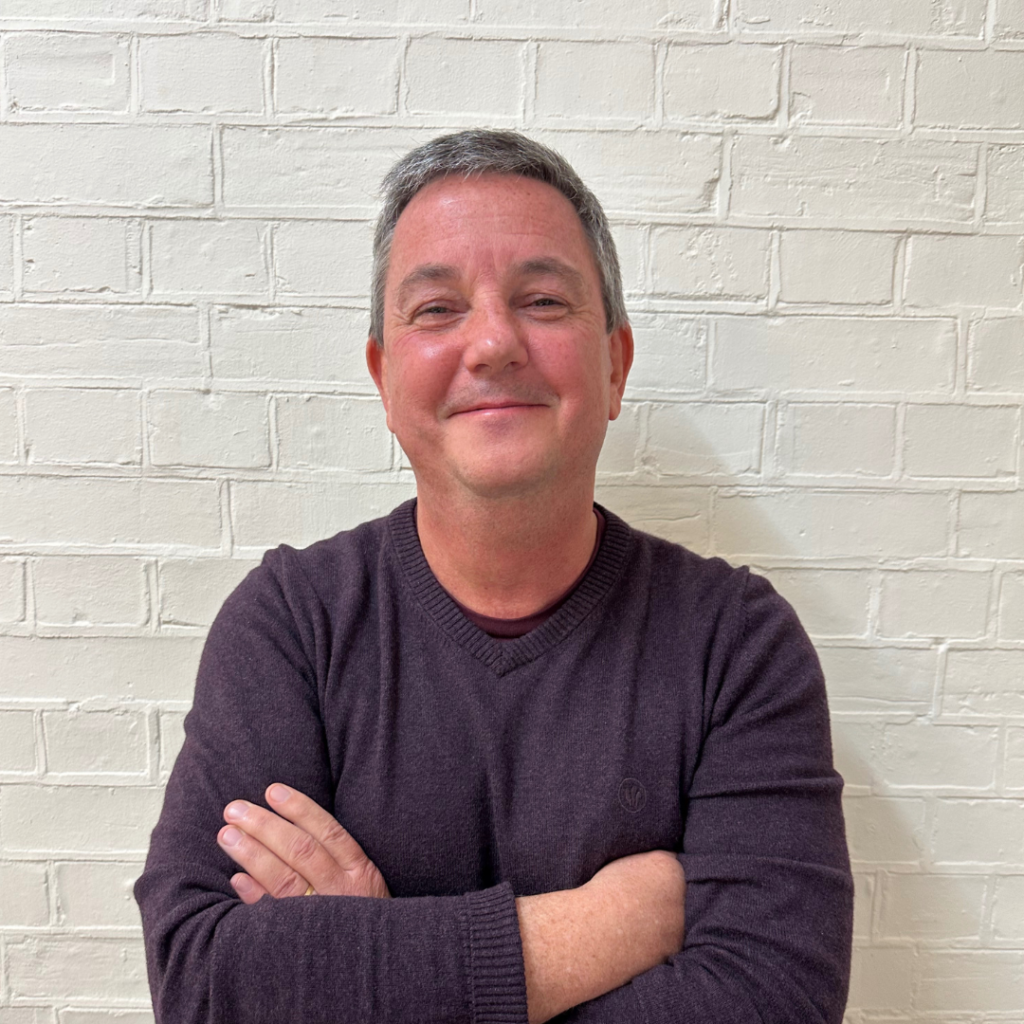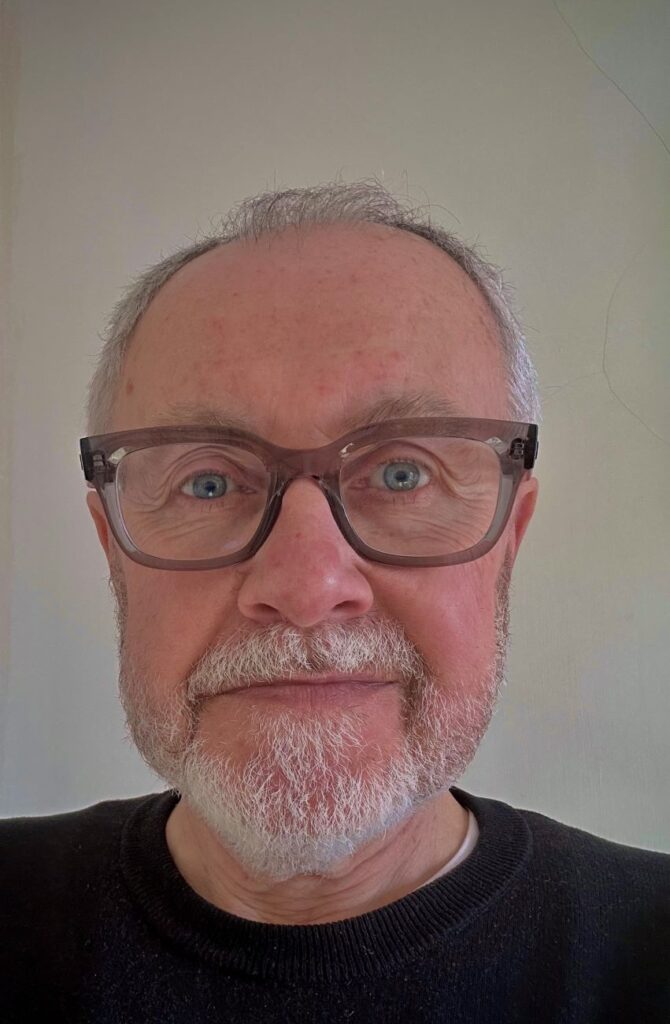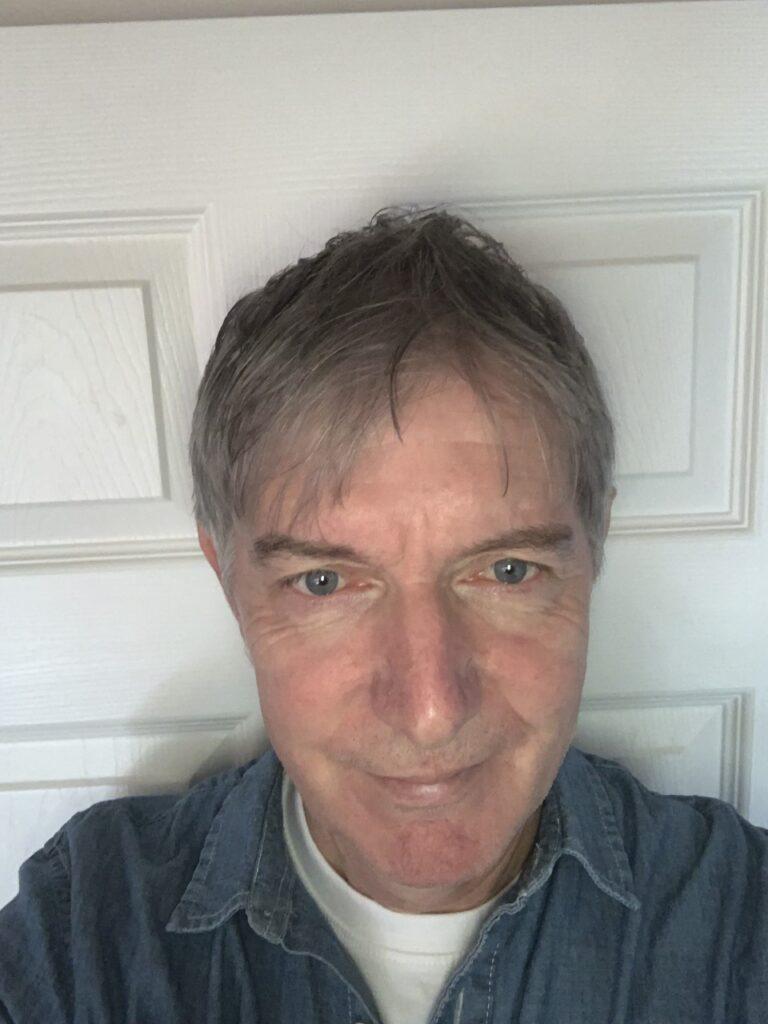The dedicated people from a range of backgrounds and experiences, responsible for helping to make our exciting plans a reality. Our associates are valued, paid members of the organisation, enabling us to deliver diverse projects and to flexibly respond to increasing demand and new requests for services.
Associates work within the hours they can offer, on projects that they find stimulating and rewarding. To find out more, please download our associates pack here.
Jon Mansfield

Ian Waites

I have more than 25 years of experience as a specialist fixed wing, senior officer navigator and subject matter expert across a range of demanding flying, staff, command and instructional appointments. Currently the founder of INDIGO:19 Limited specialising in the education, training, exercise and evaluation fields, I am an experienced curriculum developer, instructor, publications author, coach, and mentor with a demonstrated history in the education, training, exercise, and evaluation environments.
I am committed to the NHS and to community support, and the need to augment clinical support with local community support. My motivation to support is derived from a desire to utilise the transferable skills and experience that I have accrued during my armed forces and commercial careers to benefit others, and to provide similar opportunities to the ones that I have benefitted from and continue to benefit from.
I am a volunteer for Lincolnshire Partnership NHS Foundation Trust, the Lincolnshire Military Veterans and Families Network, the Linkwell good neighbour scheme, and a member of the Lincolnshire Mental Health Transformation Co-Production Group.
Co-production is a passion for me. I believe it is both a challenge and a reward. It can be a challenge due to mis-interpretation, mistrust and misuse, all of which can be accentuated by extant organisational cultures; it can be a reward when participants have a ‘light bulb’ moment and truly see the advantages and appreciate the outcomes/outputs that can be delivered. No matter what development model is used, co-production must be ingrained in the process to allow all voices to be heard and to influence the process from start to finish.
Co-production, when used well by an organisation, becomes a state of mind that increases communication, cooperation and collaboration to create the very best available. Its benefits cannot be understated when utilised correctly; however, there is a danger that when it is not understood or is utilised incorrectly it can be discarded or deemed to be an irrelevant encumbrance. It is my strong view that co-production breaks down barriers, increases communication, encourages engagement, and reduces the cultural frictions within or across an organisation.
Co-production should not be feared; it should be embraced to make an organisation more transparent, efficient, engaging and effective, no matter what the sector or nature of the business or organisation.’
I am a retired art and design historian with a particular research interest in the design of 1960s and 70s English council/social housing estates, and how they aimed to provide a sense of community and personal contentment. I have documented this world through research, writing, and photography. My most recent publication is The Radburn Idea (Caseroom Press, 2023) which examined those estates that have a network of open, pedestrianised, communal green spaces rather than streets, where residents can live free from traffic. My work has been inter-disciplinary and collaborative, using co-produced creative/practical ways of working with communities to explore their memories and experiences of living on these estates, and to hopefully develop a sense of place and belonging within these otherwise disparaged communities.
In 2016, with Time Team archaeologist and academic Professor Carenza Lewis, I organised a creative/citizen science project entitled ‘Exploring Middlefield’s Archaeology’. This enabled the first-ever communal archaeological excavation of a 1960s council estate (the Middlefield Lane estate in Gainsborough, Lincolnshire) where nearly 100 residents, schoolchildren and other volunteers carried out test-pit explorations of gardens, and of the communal, pedestrianised ‘greens’ that characterize the designed habitat of the estate. My research and thinking helped to frame the project’s key questions, which centred on the historical/communal use of the estate’s spaces, and on how community-centred excavations can develop aspirations and enhance residents’ appreciation of their local environment.
The best thing about this project came when one parent on the estate was watching her nine year old son happily spending all afternoon helping to excavate one of the test pits, looking for artefacts/objects. “He’s got ADHD” the mum said to me, “but this is amazing, I’ve never ever seen him sit still in one place doing one thing for so long.”
This is what ‘wellbeing’ means to me – specifically producing creative activities that help an individual to be ‘in the moment’ and so (to some extent at least) to ‘escape’ present cares, which helps the mind to reach beyond a current situation. Above all else, I also believe in enjoying ourselves, in having a good time. As one council estate resident said to me once, it’s as much about having a nice change as it is bringing about change. Wellbeing is about contentment and safety within one’s own space; being able to live our lives to the full without worry or want, and I particularly look forward to working with Every-One on projects that will help to achieve this.
Nicky Dewhirst-Vickers

I joined the Every-One Team as an Associate Coach.
I look forward to bringing a coaching approach, something I feel will truly compliment Every-One’s approach of providing person-centred services to support wellbeing.
I have a Coaching Consultancy providing Executive, Leadership and Development Coaching to individuals and teams and to date have worked with the NHS, Local Authority, the hospitality industry, the engineering industry, SMEs and the third sector.
I am ILM Level 7 Executive Coach qualified and hold an NLP Practitioner qualification the combination of which supports my coaching approach.
I have worked in the field of cognitive behaviour change throughout my career with an academic background of Criminology, Sociology and Psychology. I have worked in the Third Sector for the last 26 years working operationally, strategically and within business development. I feel anchored to charities and have a special interest in coaching in charities, supporting them to be their best.
The heart of my work has always been about working with people, supporting them to reach a goal. A day of coaching is my favourite type of working day: people, communication and collaboration.
I’ve always been interested in behaviour and why we do what we do. I’m a people person and I have always graduated towards that line of work. I have worked within substance misuse, older adults, mental health, vulnerable adults, domestic abuse and adult offenders.
My own experience of caring for and supporting a close family member through dementia and into palliative care will enable me to further relate to the importance of a person-centred approach and the valuable work undertaken by Every-one.
Finally, I am a volunteer system coach for the NHS, coaching leaders to deal with health and social care challenges.
I champion a coaching culture and I am passionate about the value and impact that coaching brings to the workplace.
I look forward to supporting Every-One in their mission of providing person-centred services and projects.
Mark Waldie

Jolien Vos

I have worked in the health & social care sector since the early 1990s. I began my career as a manager in the NHS, before moving onto various senior management roles within the voluntary sector. I enjoyed periods working for Marie Curie Cancer Care, Sue Ryder Care and had a ten-year spell via three senior roles, with Leonard Cheshire Disability. In 2013 I formed my own limited company to work on a freelance basis and enjoyed several successful assignments working with national charities including; Prostate Cancer UK, Community Integrated Care and Camphill Village Trust amongst others.
In 2016, I took on the additional role of Associate Lecturer at the University of Lincoln, supporting their International Business School on an ad-hoc basis, with the delivery of modules to business degree students. Most recently, this has involved me in delivering weekly seminars to Masters degree students studying the Community Organisations & Sustainable Development module, where I am able to utilise my personal experience of working within the non-profit sector.
I was initially attracted to the role of Circles of Support Facilitator as I have always held a strong personal belief in the value of personalisation and co-production. I am now working much closer to the ‘coalface’ than ever before and I’m enjoying the opportunity to work closely with individual clients to develop their circles of support in order to achieve specific goals
I was trained as a nurse in Belgium, followed by a master’s degree in Health Education and Promotion. I immigrated from Belgium to Lincoln to start my PhD in health and social care at the University of Lincoln. I really couldn’t have made a better choice! I absolutely fell in love (quite literally as it is where I met my husband) with rural Lincolnshire and its people.
Near the end of my PhD, I was appointed as a postdoc at UCL. However, two main things were missing for me: living in rural Lincolnshire and seeing real impact of research. When I moved back to Lincolnshire at the end of my contract I started to be involved in research and evaluation for charities. I worked with Children’s Links before I moved to a role at the NSPCC. It became clear to me that helping people make sense of data, setting up meaningful evaluations and really working together with people to evidence and increase their impact was one of the most rewarding journeys to be on. So, I decided to set up Research Assist as an independent research, evaluation and data consultant. As a consultant my work ranges from providing assistance, to conducting research on behalf of organisations, to just being there to answer questions.
I work across disciplines and, often, in complex areas within health and social care. In the past my work has included a focus on End-of-Life care, Child Abuse and Neglect, Mental Health, Navigating Health and Social Care services and Co-production as well as evaluations commissioned by NHS Trusts, Local Government and National bodies (e.g. UKRI).
I believe that, to research for impact and create sustainable change, “people” are the most valuable asset. This is why I feel so strongly about Every-One’s approach of person-centred services to support wellbeing.
I look forward to supporting Every-One in their mission, creating change, and contributing to projects in whichever way I can.